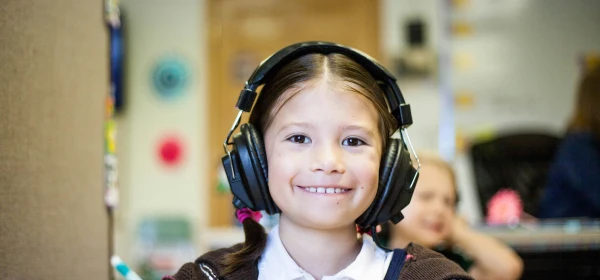A new study by the University of Exeter has found a connection between brain health in old age and playing a musical instrument.


A new study by the University of Exeter has found a connection between brain health in old age and playing a musical instrument.

A study published by the University of Southern California (USC) explored the impact of music education programmes on middle school students (teens), including a programme of extra-curricular online popular music education. The study examined the impact of music on the five key areas of Positive Youth Development (PYD).

A new publication by the University of Adelaide highlights the benefits of music education for child development and well-being, particularly following the impact of the pandemic.

The Data Drummer website has a research section that, summarises the wellbeing benefits of drumming: from improving general cognitive health, to helping control impulsive behaviour to reducing the symptoms of trauma.

The report describes and evaluates the work of the world’s first disabled-led youth orchestra – essential reading for music educators looking to develop their understanding of inclusive music-making.

A new study by the University of Bath shows that learning to play the piano can improve the brain’s ability to process sights and sounds, and can help to improve mood.

Music, with its playful, spontaneous, affective, motivational, temporal, and rhythmic dimensions can be of great help for studying the aspects of time processing in ADHD.

Engaging in musical activities such as singing and playing instruments in one-on-one therapy can improve autistic children’s social communication skills and increase brain connectivity in key networks.

According to a team of researchers led by Florida International University, listening to music while studying may help some children with attention deficit hyperactivity disorder (ADHD).

Drumming for just 90 minutes each week can improve the life quality of young people diagnosed with autism, according to a study published in 2022.

Research by The University of Edinburgh shows that taking up a musical instrument in childhood and adolescence is associated with improved thinking skills in older age.

The latest research digest from the Centre for Cultural Value explores the role of arts and cultural programmes on young people’s mental health and wellbeing during the Covid-19 pandemic.